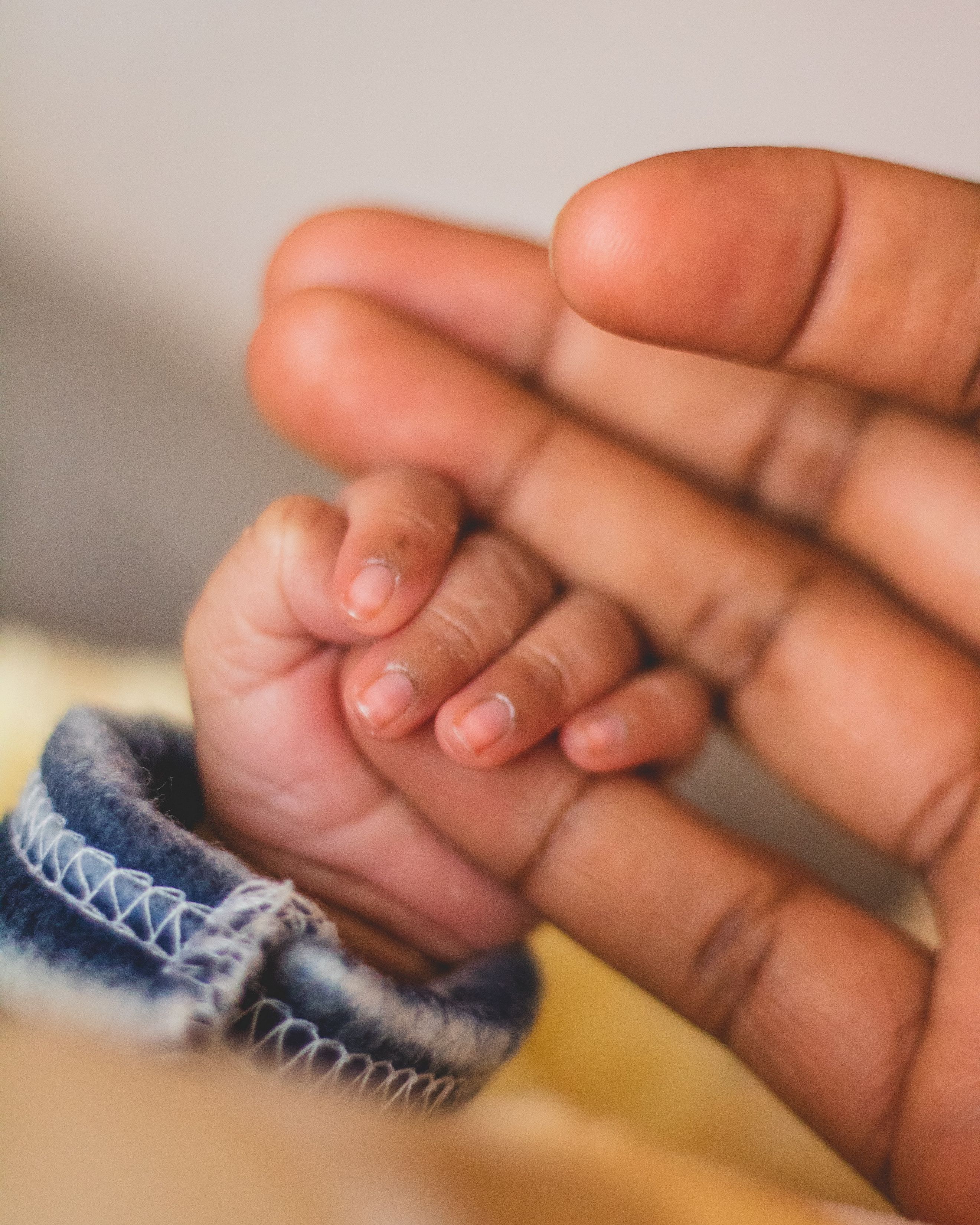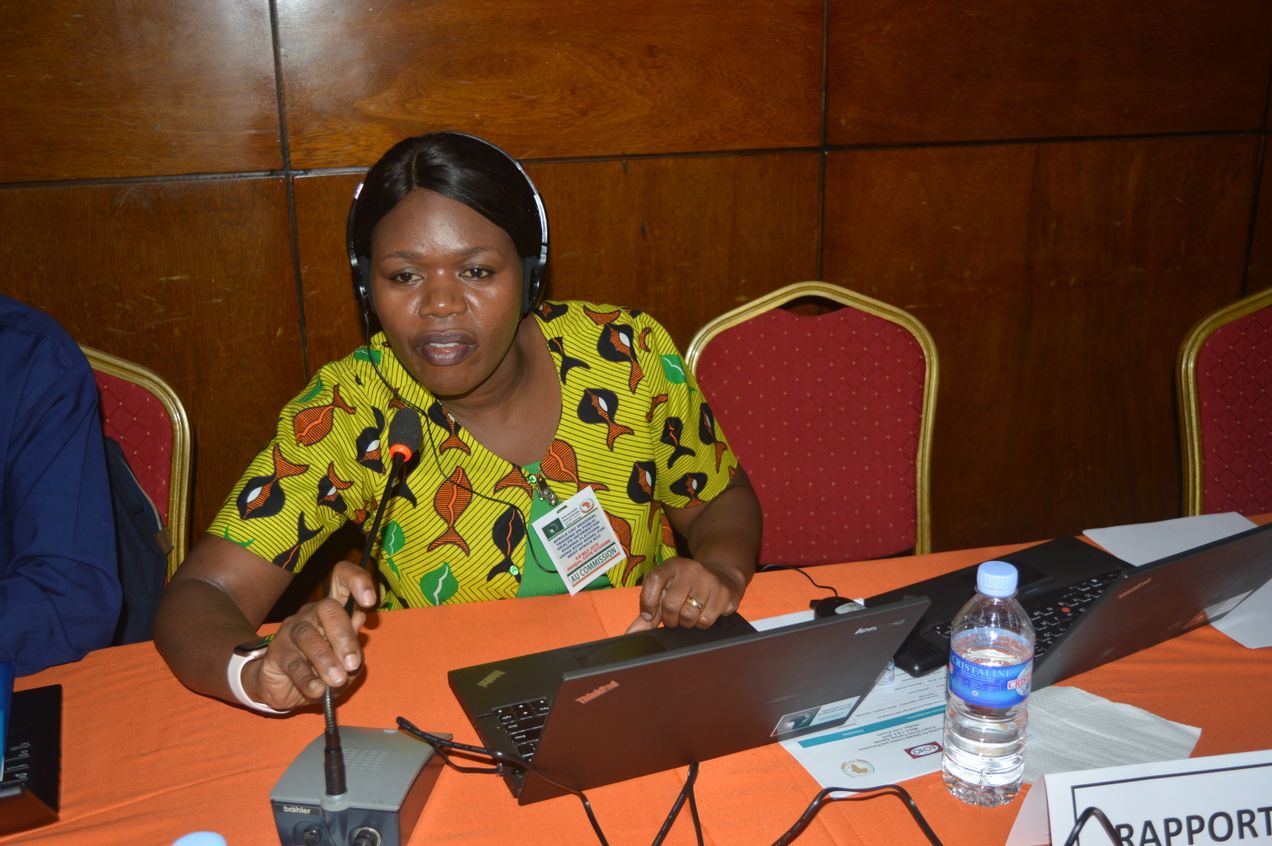
Healing Takes Time
Michael Mutua Masila writes about dealing with abandonment and unexpectedly reconciling with an absent father.
When I was fifteen, my father abandoned us. At the time I didn’t know this was the case because my mother told me and my sister that they were divorcing, and that despite the separation, he would be a part of our lives. Except, he just disappeared.
Before the divorce, my father was barely around, barely showed us any affection. He never told us he loved us, never bought us gifts or celebrated our birthdays, and often came home when my sister and I were already asleep. On weekends, he also went to work. My mother attributed his absence to his busy schedule as a business owner, saying we should be grateful that he provided for us. So when he finally left, my sister and I didn’t really miss him.
I passively listened as he apologized for leaving us
Then in January, 2020, after nine years of no communication, he called me. He wanted to meet and talk over lunch about something he claimed that I, as his only son, would understand. Since I was unemployed and a free meal didn't sound so bad, I obliged him even though I couldn't care less what he had to say.
I passively listened as he apologized for leaving us, claiming he felt embarrassed to admit that his business was failing and, thus, could no longer provide for his family. He finished by adding that he wanted to be a part of our lives again, that if we ever needed him, he would gladly help.

Three months later, at the height of the pandemic, I put his word to the test. My mother and sister decided to relocate to my grandmother's countryside farm, but I chose not to go with them because I feared travel restrictions might prevent me from returning to the city. With no money to make rent, I asked my dad if I could stay with him.
I told him that he needed to seek forgiveness from himself before asking for forgiveness from anyone else.
During the first few weeks, I resented his absences, his imperfections and habits. Paradoxically, I was happy when he left for work and didn’t want to talk to him when he returned. Months passed and nothing changed between us, which led me to believe that his letting me live with him was a scheme to prove to himself that he was being a good father, especially as he hadn’t offered to help me find a job.
My resentment ballooned until one night he came home drunk. All the emotions I'd repressed over the years burst forth. I asked why he abandoned his family and told him that none of us could ever forgive him if he didn't admit his faults. I told him that he needed to seek forgiveness from himself before asking for forgiveness from anyone else. For his part, he said he would try to be more emotionally and physically available.

I still live with him, and when he returns home from work, we sit down and have honest conversations about everything. We talk about his business and job hunting. Also, he has given me some accounting responsibilities.
Recently, he spoke to my mother and sister, inquiring about their stay at my grandmother’s and their general well-being, and has started sending my mother some money. Slowly, he is realising the effects of his past actions and whatever resolutions we reach as a family will be shaped by his efforts at reconciliation. Healing takes time, but it's not impossible.

